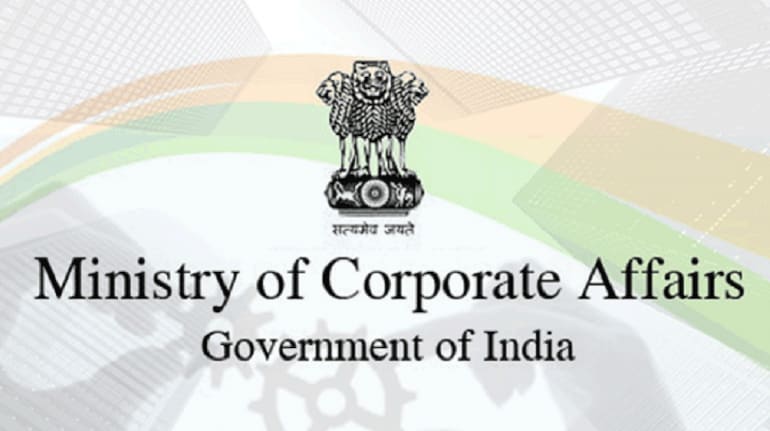



The Ministry of Corporate Affairs (MCA) plans to challenge the National Company Law Appellate Tribunal’s (NCLAT) December 18 order that termed the change in status of Tata Sons from a public to a private entity as ‘illegal’. MCA is considering challenging the order in the Supreme Court.
NCLAT had set aside the Registrar of Companies’ (RoC) decision to allow conversion of Tata Sons into a private company despite the absence of any order from the Tribunal under Section 14 of the Companies Act, 2013.
“MCA may challenge a specific part of the NCLAT order, which states that the status of becoming a private entity from a public one was illegal. As of now, we are analysing the fact and in a day or two we will finalise whether the order should be challenged or not,” a source told Moneycontrol.
The NCLAT order clearly mentions that “the decision of the Registrar of Companies (RoC) changing the company (‘Tata Sons’) from a ‘public company’ to a ‘private company’ is declared illegal and is set aside. The company (‘Tata Sons’) shall be recorded as a ‘public company’. RoC will make correction in its record showing the company (‘Tata Sons’) as ‘public company’.”
While hearing the appeals, NCLAT learnt that RoC had struck down the word ‘public’ and shown ‘Tata Sons’ as a ‘private’ company despite absence of any order passed by the Tribunal under Section 14 of the Companies Act, 2013. “Even after the removal of Cyrus Pallonji Mistry (11th Respondent) on October 24, 2016 from the post of Executive Chairman of the company (‘Tata Sons’) and the post of Directors of ‘Tata companies’, during the pendency of the case, the company (‘Tata Sons’) and its Board, in a hurried manner, moved the RoC for conversion of the company from a ‘public company’ to ‘private company’ to give it colour of a ‘deemed conversion’ which is against the law and unsustainable,” the quasi-judicial body that adjudicates issues relating to companies stated.
In a scathing indictment of the Tata group, NCLAT said the company, “with the help of RoC just before filing of the appeal, suggests that the nominated members of ‘Tata Trusts’ who have affirmative voting right over the majority decision of the Board of Directors and other directors/members, acted in a manner ‘prejudicial’ to the members, including minority members (‘Shapoorji Pallonji Group’).”
Tata Sons received clearance from RoC in August 2018 changing its status to that of a private entity.
Benefits of being a private entity Private companies have more relaxed compliance norms as compared to public companies. In the Tata Sons case, the private company tag also offered it specific benefits such as restricting the right of a minority shareholder (Shapoorji Pallonji Group) from freely selling their shares in the market and ‘right to first refusal’ on any such sale.
Discover the latest Business News, Sensex, and Nifty updates. Obtain Personal Finance insights, tax queries, and expert opinions on Moneycontrol or download the Moneycontrol App to stay updated!
Find the best of Al News in one place, specially curated for you every weekend.
Stay on top of the latest tech trends and biggest startup news.